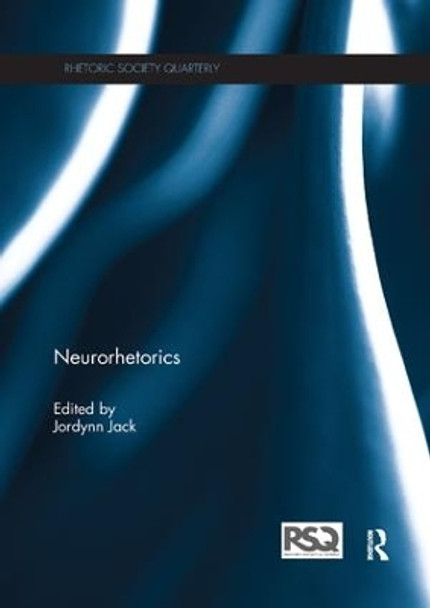Description
In academia, as well as in popular culture, the prefix "neuro-" now occurs with startling frequency. Scholars now publish research in the fields of neuroeconomics, neurophilosophy, neuromarketing, neuropolitics, and neuroeducation. Consumers are targeted with enhanced products and services, such as brain-based training exercises, and babies are kept on a strict regimen of brain music, brain videos, and brain games. The chapters in this book investigate the rhetorical appeal, effects, and implications of this prefix, neuro-, and carefully consider the potential collaborative work between rhetoricians and neuroscientists. Drawing on the increasingly interdisciplinary nature of rhetorical study, Neurorhetorics questions how discourses about the brain construct neurological differences, such as mental illness or intelligence measures. Working at the nexus of rhetoric and neuroscience, the authors explore how to operationalize rhetorical inquiry into neuroscience in meaningful ways. They account for the production, dissemination, and appeal of neuroscience research findings, revealing what rhetorics about the brain mean for contemporary public discourse.
This book was originally published as a special issue of Rhetoric Society Quarterly.
About the Author
Jordynn Jack is Associate Professor in the Department of English and Comparative Literature at the University of North Carolina, Chapel Hill, USA. She is author of Science on the Home Front: American Women Scientists in World War II (2010), and has written for journals including Rhetoric Society Quarterly, Quarterly Journal of Speech and Rhetoric Review.
Book Information
ISBN 9781138108875
Author Jordynn Jack
Format Paperback
Page Count 136
Imprint Routledge
Publisher Taylor & Francis Ltd
Weight(grams) 453g






